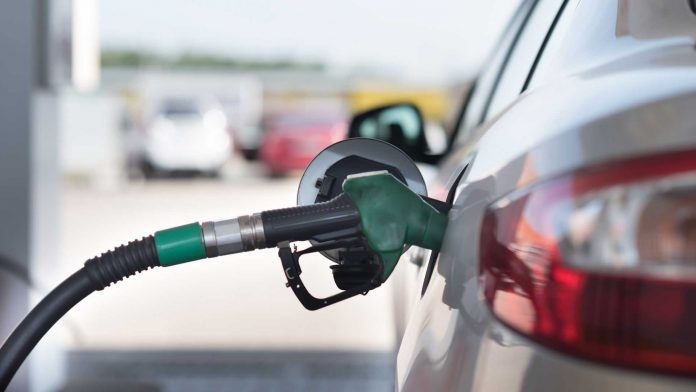The Nigerian National Petroleum Corporation (NNPC) in 2021 said fuel subsidy gulped N1.43tn, although there was no record for under-recovery in January.
According to Punch, the cost of fuel subsidy is estimated to increase by 369.93 per cent from 2021 to 2023.
The Minister of Finance, Budget and National Planning, Zainab Ahmed, on Thursday at the presentation of the 2023-2035 Medium Term Expenditure Framework & Fiscal Strategy Paper in Abuja said that the Federal Government had projected to spend N6.72tn on petrol subsidy payments in 2023
Ahmed, however, said subsidy payment projection was based on two scenarios, with the first being spending an estimated N6.72tn for the entire year and the second, removing subsidy by June 2023 with the government spending N3.36tn rather than the full estimated N6.72tn.
She further noted that both scenarios had implications for net accretion to the federation account and projected deficit levels.
In January this year, the Federal Government decided to retain the controversial fuel subsidy for another 18 months following threats of protests by the Nigerian Labour Congress and other interest groups.
The International Monetary Fund recently said the fear of political resistance, widespread corruption and pressure from interested groups were hampering the removal of the fuel subsidy in Nigeria.
In the first five months, Nigeria spent N1.27tn on petrol subsidy, with a plan to spend N4tn this year.
It was also disclosed that Nigerian National Petroleum Company Limited would continue to fund the N4.19tn fuel subsidies for the 2022 fiscal year on behalf of the federation despite being a commercial venture and its stance of no longer remitting any money to the Federation Accounts Allocation Committee for sharing to the three tiers of government monthly.
The increasing cost of fuel subsidy is projected to persist amid declining revenues and rising debts.
The Debt Management Office recently disclosed that Nigeria’s total public debt stock increased to N41.60tn in the first quarter of 2022 from N39.56tn as of December 2021, showing an increase of N2.04tn within a period of three months.
During the presentation of the MTEF and FSP paper, the finance minister disclosed that the cost of servicing debt surpassed the Federal Government’s retained revenue by N310bn in the first four months of 2022.
It was disclosed the Federal Government’s total revenue for the period was N1.63tn, while debt service gulped N1.94tn.
The IMF has also said that Nigeria will likely depend on overdrafts from the Central Bank of Nigeria to fund its proposed petrol subsidy bill.
The finance minister has also said that Federal Government was planning to tap €2bn ($2.2bn) of the money it raised in a Eurobond sale last year and targets more local borrowing in 2022 to help fund fuel subsidies.
The World Bank recently warned that increasing fuel subsidy puts the Nigerian economy at a high risk as subsidy payments could significantly impact public finance and pose debt sustainability concerns.






